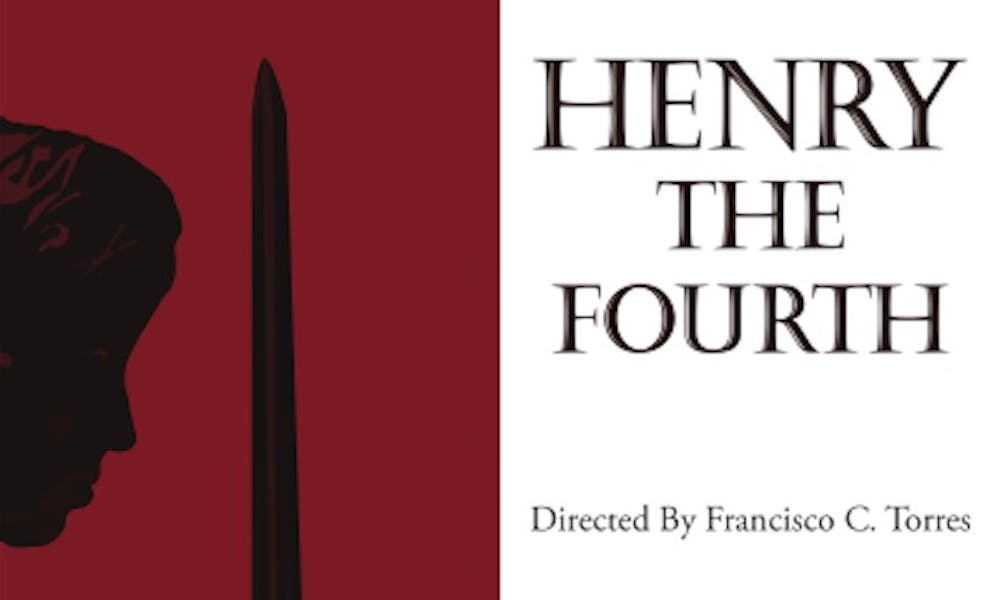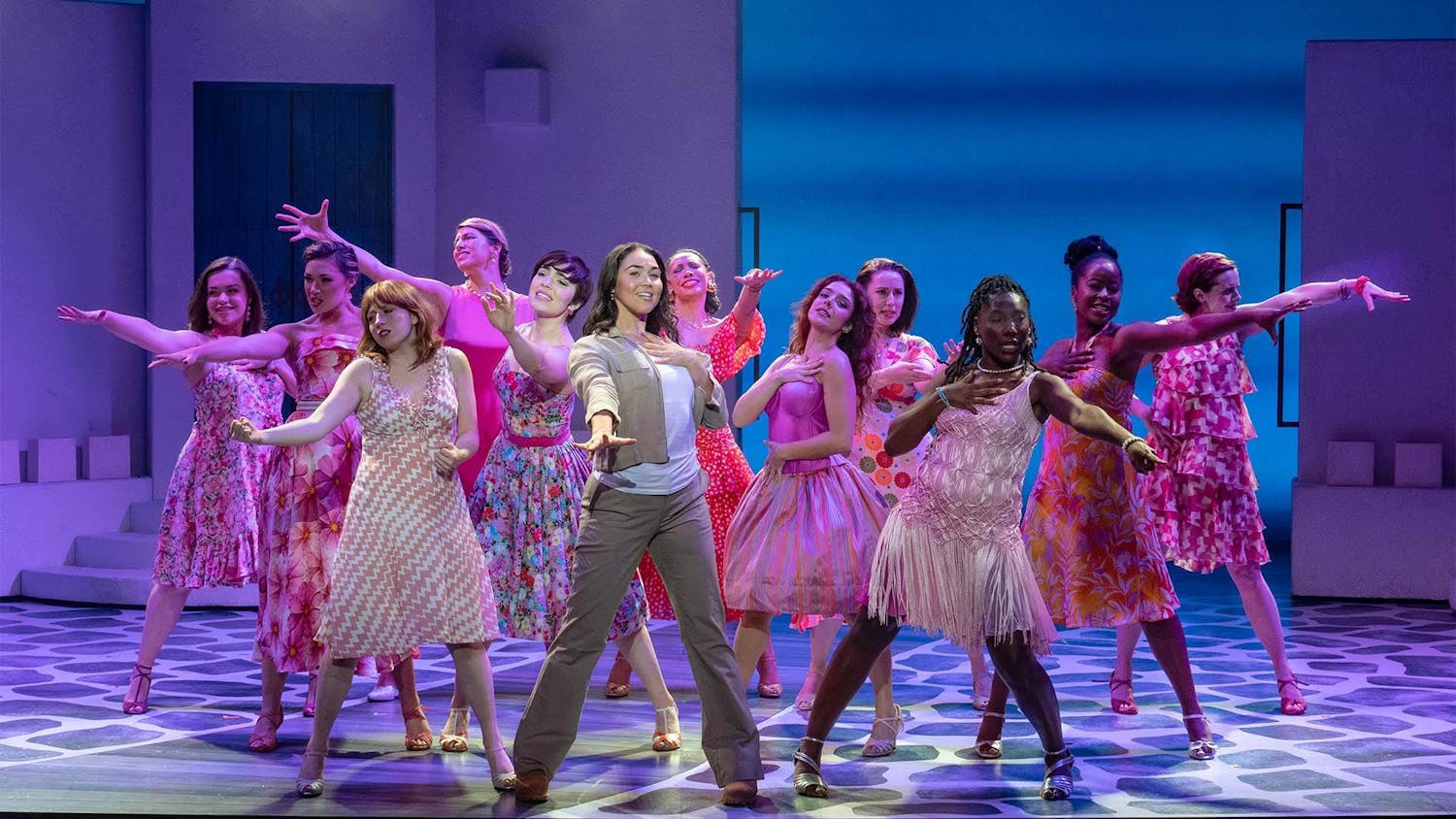I entered The Bartell Theater a little before four o’clock on a Sunday afternoon. The local theater looked like everything you’d imagine it would: a modest waiting room with a family of welcoming, eager staff and an intimate black box theater for the main event. I glanced over to a slightly ajar door that revealed a cast member preparing his lines for his upcoming performance of the Shakespeare play, “Henry IV.” This play reflects a different side of Shakespeare’s writings, focusing on a rebellion and allowing for love stories to take a backseat. For those who have not spent their free time immersing themselves in Shakespeare’s works, “Henry IV” mainly revolves around two plots that eventually intersect with one pivotal battle. One plot surrounds King Henry IV, Prince Hal and Prince Harry while the other focuses on the Percys, a family of noblemen, who want to rebel against the king for refusing to pay his debt.
About 10 minutes before the production began, a few characters playfully conversed with the audience. Some people nervously laughed as the character
The actors’ fluidity in reciting some fairly difficult lines was artful. It was easy to tell they had practiced religiously and had done their research on the meaning of each line. They also worked very well in a small space with little to no props, as they relied simply on the story and language itself. However, with this beautifully complex language comes a great deal of confusion for the audience. Not having read the play myself, there were multiple times when I had little idea of what was happening. Considering the fact that the play focuses on two plots, it was hard to differentiate exactly who was involved with
With that, I think everyone who is planning to go to a Shakespeare play (which you definitely should!) needs to recognize that with great playwriting comes great responsibility. In other words, you need to do your homework before you arrive. Of course, it would be most beneficial if you read the play in its entirety and discussed it before seeing it live. That said, not all of us have time to read Shakespeare between classes or on our lunch break. Luckily, I have a few ways to cheat. First, you can pop in your headphones before bed and listen to an audio version of the play (they are easy to find on YouTube). It would help to read along with the book — that way you can really get a feel for who is saying what and how it is being said. The audio recordings are only a few hours, which is really not bad when split up over a few nights — and pretty relaxing. Other than that, there is always SparkNotes. Even if you have to scroll through the plot overview on your phone 10 minutes before the play, it will at least give you a loose summary of the story. Really, there is no shortage of online sources for interpretations, modern versions or summaries of Shakespeare’s works.
Overall, the play was as impactful as it could have been without reading it in advance. The experience taught me less about Shakespeare and more about one’s role as an audience member when going to see a Shakespeare play. Perhaps this is what the Bard intended, or at least the goal of the actors at The Bartell. They clearly wanted the show to be interactive, and although I was not left thinking about the content of the play, I was definitely left reflecting on the experience after the blackout.






